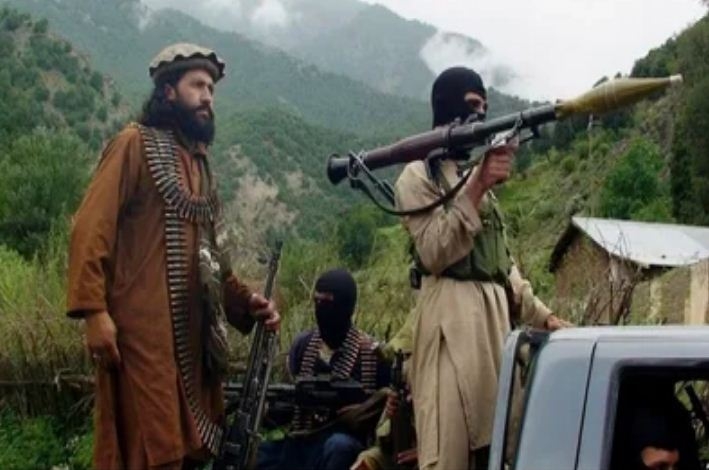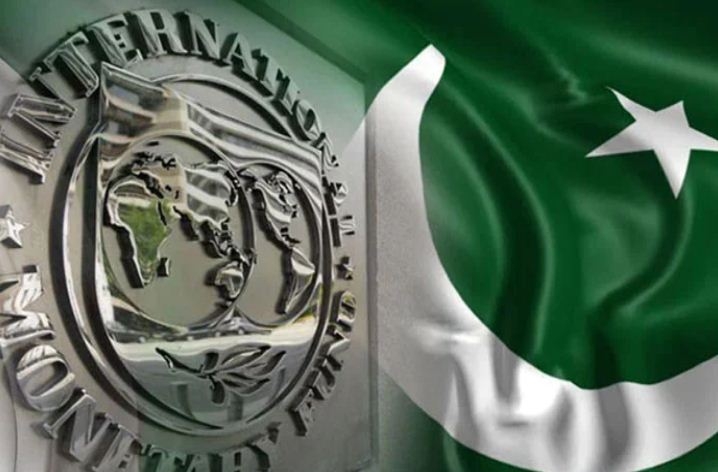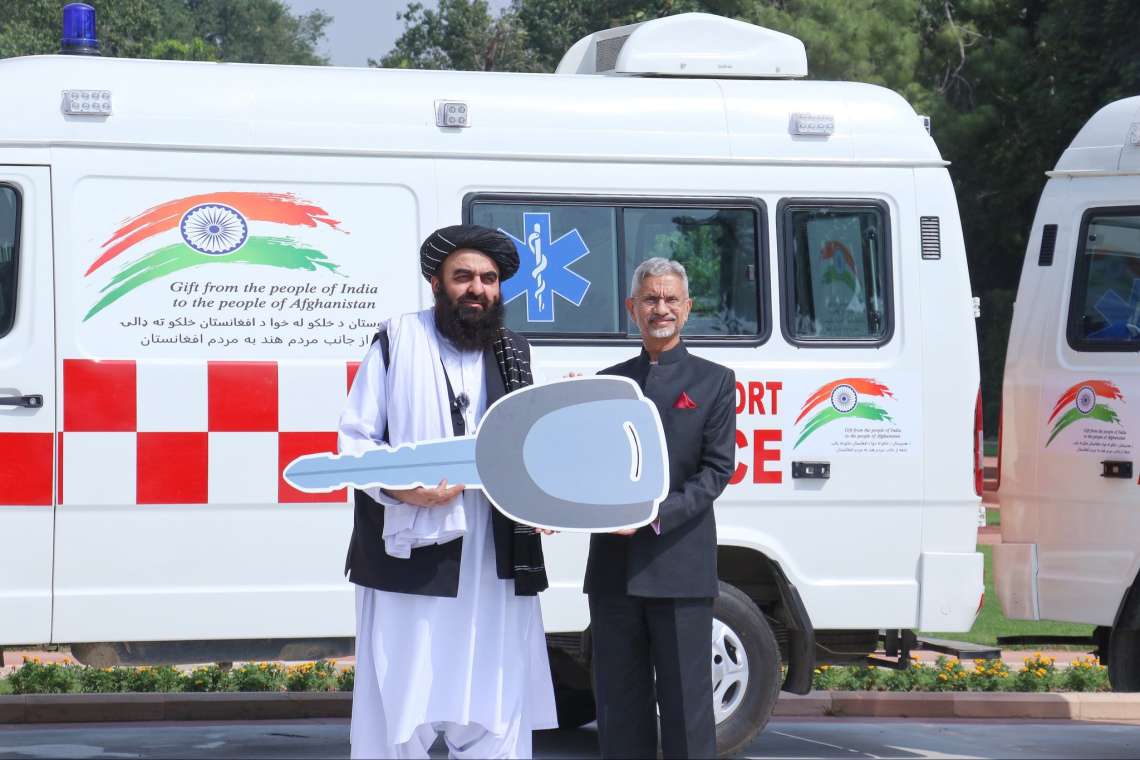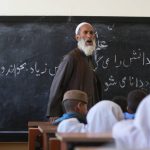Pakistan has yet to respond to the Afghan Taliban’s proposal to bear the expense of relocation, citing concerns that it will fail. Nonetheless, it was for the first time that the Afghan Taliban proposed disarming the TTP….reports Asian Lite News
In a first, the Taliban government in Afghanistan, has sought the financially-suffering Pakistan to bear the expense of disarming and rehabilitating the banned outfit Tehreek-e-Taliban (TTP) members and their families from Pak-Afghan border areas.
Finally, the cat is out of the bag: Afghanistan has asked a financially depleted and bankrupt Pakistan for assistance in relocating Tehreek-e-Taliban Pakistan (TTP) members within Afghanistan. The Express Tribune reported that the Afghan Taliban have expressed their willingness to disarm the TTP and relocate members of the organisation from the Pakistan-Afghan border if Pakistan bears the cost of the proposed plan.
This was recently revealed at a meeting of Pakistan’s Central Apex Committee, held on February 24, to discuss the recent surge in terrorist attacks in the country as well as other security issues. The issue of the banned TTP and its safe havens across the border was one of the main topics on the agenda.
A report published in Afghan Diaspora Network read, the proposal calls for the TTP fighters to be disarmed and relocated from the Pakistan-Afghan border areas. The Apex Committee was informed that the ‘interim’ government in Afghanistan had proposed a plan to control the TTP. The Afghan Taliban government, on the other hand, has asked Pakistan to fund the proposal and bear the entire cost of TTP rehabilitation. The Afghan Taliban had made a similar proposal to China to address China’s concerns about the East Turkestan Islamic Movement, according to the Apex meeting.
However, Pakistan has yet to respond to the Afghan Taliban’s proposal, citing concerns that it will fail. Nonetheless, it was for the first time that the Afghan Taliban proposed disarming the TTP.
Prime Minister Shehbaz Sharif presided over the meeting, which was attended by the chief ministers of the four provinces and Gilgit-Baltistan, the AJK PM, senior cabinet ministers, the Army Chief, DG ISI, and other officials.
The immediate context for this meeting was a delegation led by Defence Minister Khawaja Asif’s visit to Kabul on February 22, 2023 to share “irrefutable evidence” with the Afghan Taliban about the presence of TTP in the neighbouring country. A Pakistan Foreign Ministry press release states, “Matters relating to the growing threat of terrorism in the region, particularly by TTP and ISKP came under discussion. The two sides agreed to collaborate to effectively address the threat of terrorism posed by various entities and organisations”.
The purpose of the visit was to send a clear message to the Afghan Taliban that Pakistan would no longer seek talks with the TTP because the group had used previous peace efforts to regroup and target Pakistan.
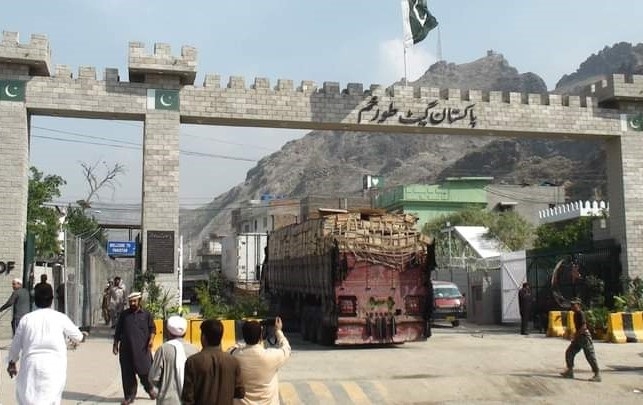
Some estimates place the number of TTP fighters in Afghanistan between 8,000 and 12,000, with the figure rising to 30,000 when family members are included. The Afghan Taliban reportedly suggested relocating the TTP at Pakistani expense during Defence Minister Khawaja Asif’s recent visit to Kabul. The Pakistani delegation also included Lt Gen Nadeem Anjum, DG, ISI.
Sensing a hardening of the Pakistani position, the Afghan Taliban proposed a new plan that included disarming the TTP and relocating their members from border areas within Afghanistan. Meanwhile, a statement issued by the PM Office said the Apex Meeting agreed that “the elimination of terrorism, economic recovery and political stability are interlinked”. “Pakistan cannot afford internal insecurity. The need for national unity, unity, and collective struggle is urgent. To achieve these objectives, a national consensus must be formed, and obstacles must be removed,” according to the statement.
In other words, Pakistan is ironically concerned about recent terrorist incidents in Peshawar and Karachi, as well as other attacks that indicate an intensification of the TTP’s campaign against the Pakistani state.
Terrorist incidents, particularly those at the Peshawar Police Lines Mosque on January 30, 2023 and the Karachi Police Office on February 19, 2023, as well as the subsequent situation, were thoroughly reviewed at the Apex Committee meeting.
Representatives from various institutions briefed participants on the overall security situation and anti-terrorist operations. Previously, Pakistan used the same actors under different names such as JeM and LeT to carry out attacks in J&K and the rest of India. These developments occur at a time when Prime Minister Sharif has stated that the government must “unwillingly” accept the strict terms of a deal with the International Monetary Fund (IMF) in order to provide a lifeline to an economy in distress, Afghan Diaspora Network reported.
“We have to accept the strict conditions of the IMF deal unwillingly,” he said, adding that an agreement was still a “week, 10 days” away. Pakistan’s dire economic situation has resulted in repeated requests to the IMF and other lenders to help it cope with low foreign exchange reserves and some sectors of the economy grinding to a halt. Pakistan has been negotiating with the IMF since early February 2022, with the goal of signing a staff-level agreement that will pave the way for additional inflows from bilateral and multilateral lenders. Once the agreement is signed, the IMF will begin disbursing funds from the $6.5 billion bailout agreed to in 2019.
The Pakistani Prime Minister also stated unequivocally that the release of the next tranche would not end the country’s economic woes. He then mentioned a much-needed loan from a friendly country, without naming China, and provided US$700 million to cash-strapped Pakistan without waiting for the IMF programme to be revived.
The Afghan Taliban requesting money from Pakistan to re-locate the TTP within Afghanistan is sweet vengeance for Afghanistan. They will not only bake the cake, but they will also eat it. If this occurs, TTP cadres may join the Afghanistan Taliban, bolstering its forces.
After telling Pakistan that the TTP was making the same demands as previous Kabul governments and that it would not help disarm the TTP, it has now found a way to squeeze Pakistan. Islamabad is unmistakably trapped between the devil and the deep blue sea. Pakistan, having burned their fingers in previous negotiations with the TTP, is now at a crossroads in their very existence. Will China also assist Pakistan in overcoming its difficulties?
Around 400 soldiers, cops killed in 10 years
As terrorism spreads its tentacles from Afghanistan and Pakistan’s tribal areas into the country’s Punjab heartland and other provinces, Tehreek-e-Taliban Pakistan (TTP) has reportedly killed close to 400 soldiers, policemen and para-military Rangers in last 10 years.
These statistics only apply to high-security locations like military and law enforcement facilities, they do not apply to other public areas. The number of injured civilians is significantly higher. Mosques, churches, and other houses of worship are not taken into consideration, including those used by Ahmadiyas, a minority of Muslims in Pakistan who have been classified as non-Muslims by the Constitution. The 174 people killed – mostly children – in the TTP attack on the Army Public School in Peshawar on December 16, 2016, are not taken into account in a ten-year timeline of 2013-2023 published by Dawn newspaper.
According to the report in Times of Israel, there is no chronology given for Pakistan’s official assertion that 84,000 people have died as a result of terrorism. Although there are many more, the TTP is the biggest of the terror organisations. According to security specialists, the majority of terrorist organisations are linked to Al Qaida or the Islamic State Khorasan Province (ISKP).
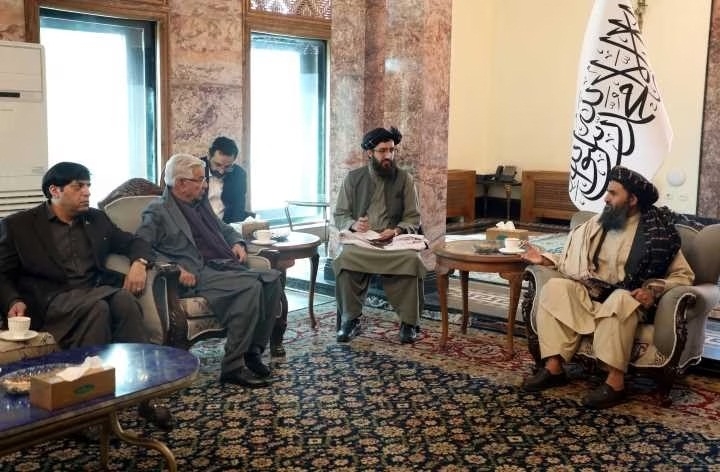
The ten-year timeline of 2013-2023, does not include homicides committed by more established Sunni extremists organisations, such as Lashkar-e-Taiba, Lashkar-e-Jhangvi, Sipah-e-Sahaba, and many more, who have operated under several names and frequently changed them after being outlawed, Times of Israel said.
Right-wing mainstream political parties, according to political analysts, keep contact with terrorist organisations and use their cadres, particularly during election seasons.
Of the major politicians, while others have been subtle, former Prime Minister Imran Khan has been a vocal votary of holding a dialogue with the militants. Former military ruler Pervez Musharraf had dubbed him “Taliban Khan.” But Musharraf was also accused of using the TTP. Two different probes indicated his role in the assassination of former Prime Minister Benazir Bhutto, the Times of Israel reported.
Musharraf’s decision to authorise a siege of Islamabad’s Lal Masjid, which resulted in the deaths of 100 people–mostly female madrassah students–is credited with giving rise to the TTP. It spread widely and forged connections with the Afghan Taliban, the report said.
Because the government refused to abide by its requirements, the TTP unilaterally ended the truce in December 2021 and once more in November 2022. It sought the cancellation of the merger of the former Federally Administered Tribal Areas (FATA).
The publication of the TTP-terror-timeline comes amid a controversy over who should be held accountable for successive Pakistani regimes’ “soft” handling of security experts, the UN, and Western nations. Islamabad claims, rather legitimately, that the Taliban leaders in Kabul are sheltering the TTP and housing thousands of insurgent families. Kabul refutes this.
TTP would be “rehabilitated” in the tribal area, according to Imran Khan. He has stated that he had the option of either “killing” 30,000 to 40,000 people, including women and children, or allowing them to live in peace.
He now claims that the Taliban wants to return to their native country, General Qamar Jawed Bajwa, the former head of the army with whom he had a falling out last year. In the most recent development, retired Lt Gen. Faiz Hamid, the former head of the ISI, has been accused of pressing this action by Khan’s PTI party and a minister for the current prime minister Shehbaz Sharif. A gap developed between Khan and Bajwa as a result of Hamid’s management of the Afghan Taliban and the TTP. When Bajwa became “neutral,” Khan lost control. As a result, the TTP is now at the centre of the ongoing brawl between the army and parliamentarians as well as between political parties.
A report in Dawn read that it has come to pass that the prediction that the “TTP juggernaut” would leave the tribal regions and “spread devastation in the rest of the country” was accurate.
Despite the circumstances, the state needs to act immediately before other such assaults happen, it emphasises, noting that “during the last few decades, important Al Qaeda operatives have been seized from the metropolis.”
It asks “the squabbling politicians who rule in our name, as well as the security establishment” that continues reminding us that “everything is OK”,” to “understand the true situation” and calls for a swift reaction to TTP. As a result of this inaction, terrorism is on the rise in Pakistan and Afghanistan, undermining democracy and raising security concerns for the entire region, Times of Israel reported. (ANI)


